Open six days a week - book a consultation with a specialist now - No Hidden Charges, No Pressure, Affordable

Laser eye surgery is a widely popular treatment, more than 40 milion people has received laser eye surgery by 2017.This surgery will help you to improve your eyesight and reduce possible complications related to other means of vision correction like dry eye with contact lenses or headache with glases. It can give you freedom for engaging in all kinds of activities, events and sports that you cannot even think of doing without wearing glasses or contact lenses.
Here are some questions that will help you to know if you are the right candidate for performing laser eye surgery. Also, you can consult with our experienced doctors to know your eligibility criteria for the procedure.
If your answer to these questions is “yes”, then its likely you may be suitable for the treatment.
There are certain factors you need to consider when determining if you are the right candidate for the treatment. One of them is the health condition of your eyes.
The most reliable way to know is by going through a comprehensive consultation with an eye expert. This way, you can get a clear idea of whether you are suitable for a Laser Eye Surgery or not. Some reasons you might not be suitable for the treatment are the following:
7. Your overall health – Other than good eye health, it is also important to improve your general health condition. For example, you might not be suitable to undergo laser eye surgery when you suffer from:
In general, the better and more stable your health condition might be, the greater your chances will be of becoming a good candidate.
In order to be eligible for LASIK, your prescription should fulfil the following criteria:
If your prescription passes beyond these levels, its most likely that other types of treatment including lens surgery, ICL or phacik implants be your beset options.Here at Optimal Vision our expert take you through extensive refractive assessment to offer you the most reliable and safest surgery for your condition.
Truly speaking, although laser eye surgery has a wide range of treatment but still there are some who fall beyond suitability, this is because the higher the prescription, the more tissue will have to be removed to be remodeled.
Today, LASIK is considered to be one of the main options available for correcting refractive errors with high efficacy and reliability however other options exist depending on your eye condition and visual requirement.
Thus, it is extremely important to find out if you are the right candidate for laser eye surgery. You may book an appointment with our friendly team of clinic coordinators or visit us for your
When it comes to vision correction, many people turn to laser eye surgery as a viable option. With advancements in medical technology, procedures like LASIK, LA...
02 Jan 2026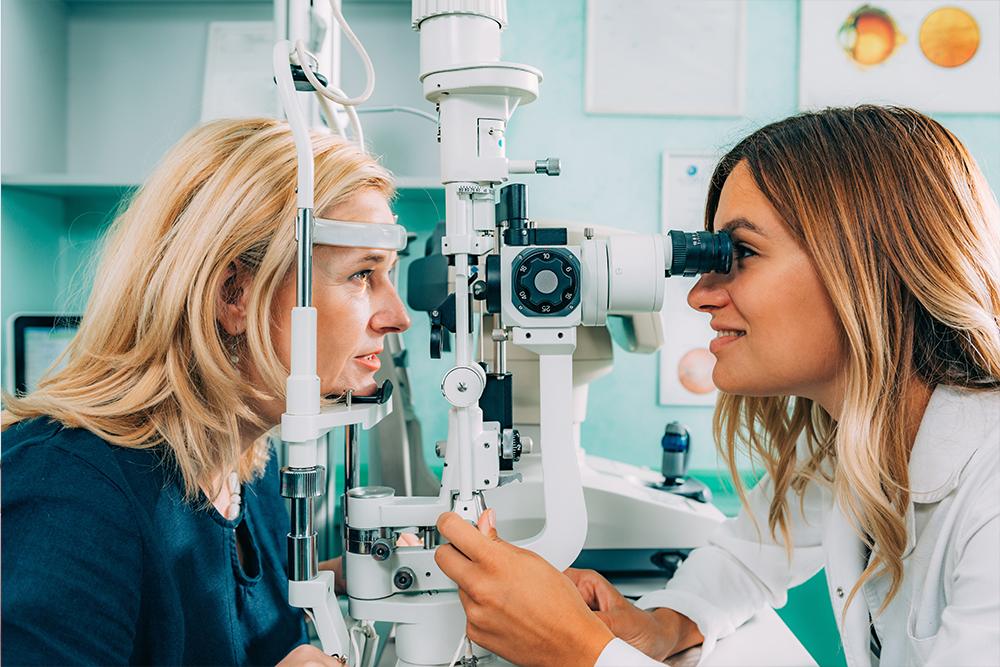
Keratoconus is a progressive eye condition that affects the cornea, leading to distorted vision. If you're searching for Keratoconus Treatment in London, yo...
29 Dec 2025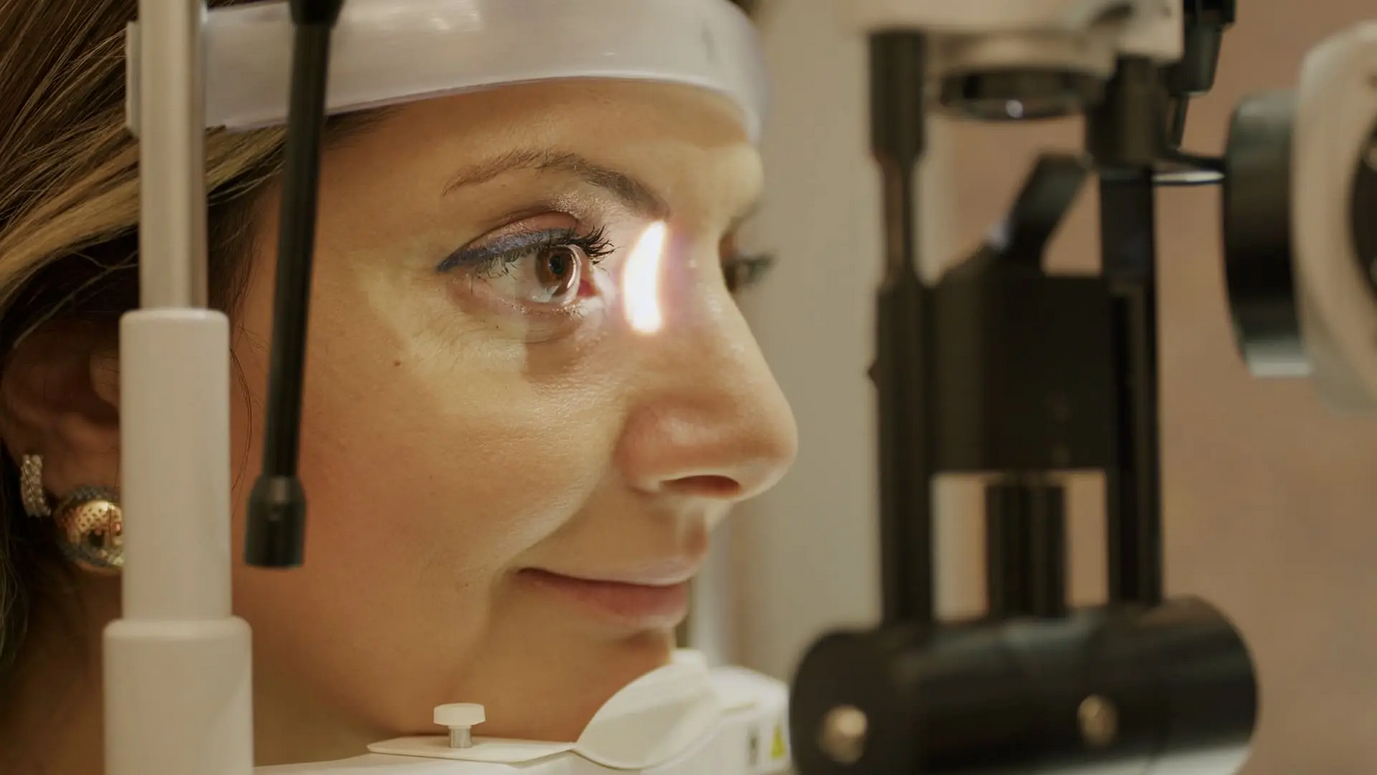
When it comes to laser eye surgery, many potential patients often wonder, "Is laser eye surgery painful?" If you’re considering LASIK or LASEK s...
24 Dec 2025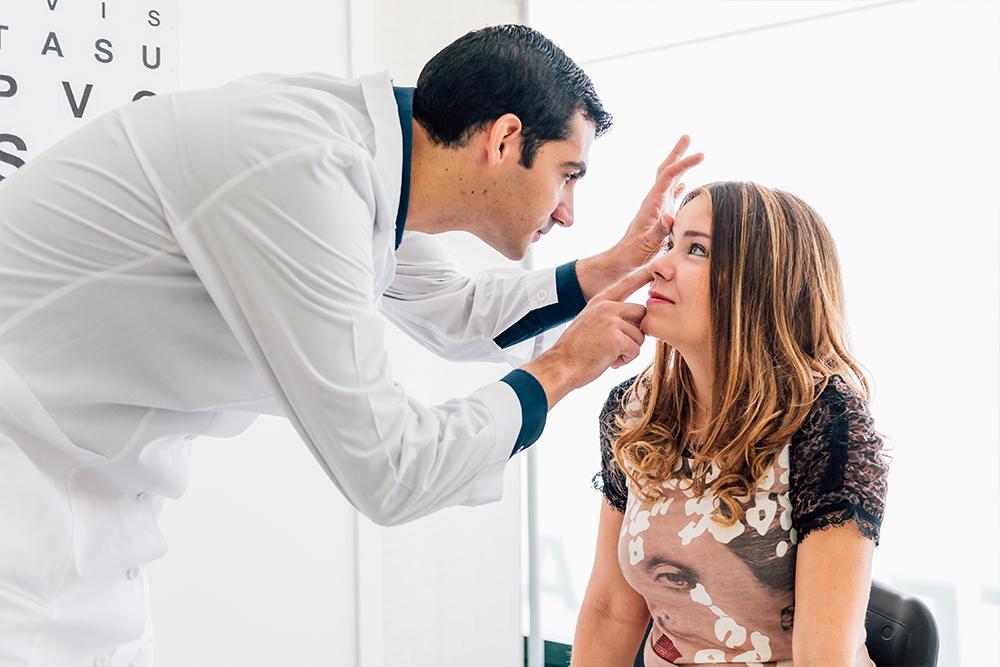
Cataracts can significantly impact your daily life, causing blurry vision, difficulty with night driving, and problems with glare. If you're in London and e...
22 Dec 2025
When it comes to correcting vision impairments, laser eye surgery has emerged as a revolutionary solution. For individuals with high prescriptions, the question...
19 Dec 2025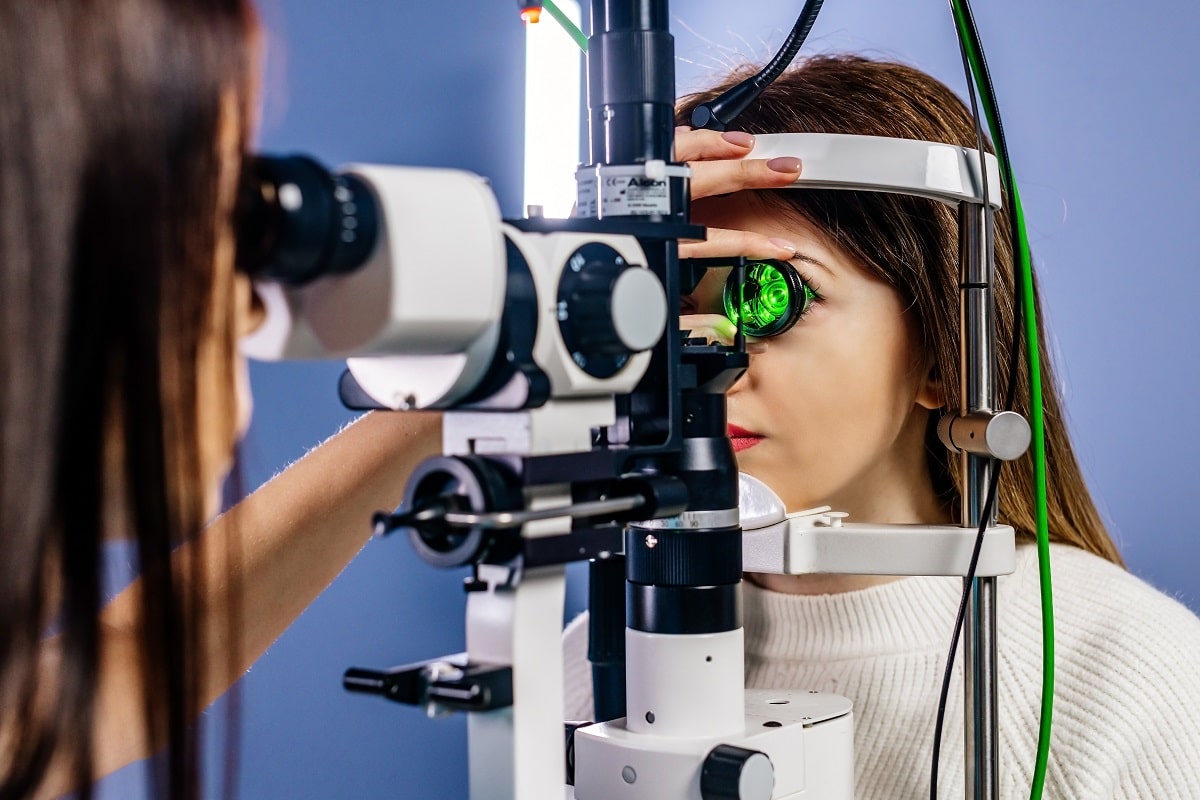
When considering the life-changing benefits of laser eye surgery, one of the first questions that often arises is: how much is eye laser surgery? At Optimal Vis...
17 Dec 2025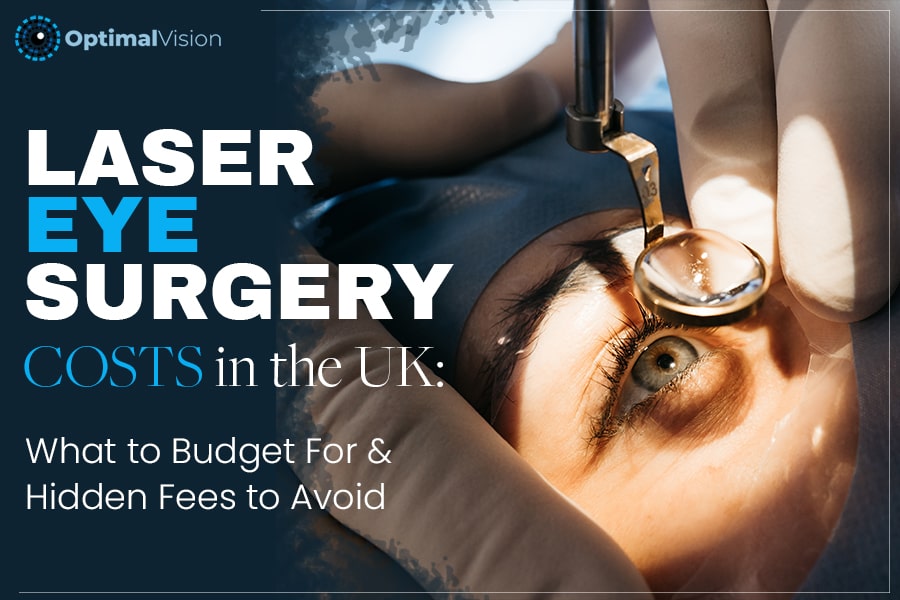
Laser eye surgery can transform your day-to-day life in as little as 15 minutes, freeing you from glasses or contact lenses. But the big question for most peopl...
08 Oct 2025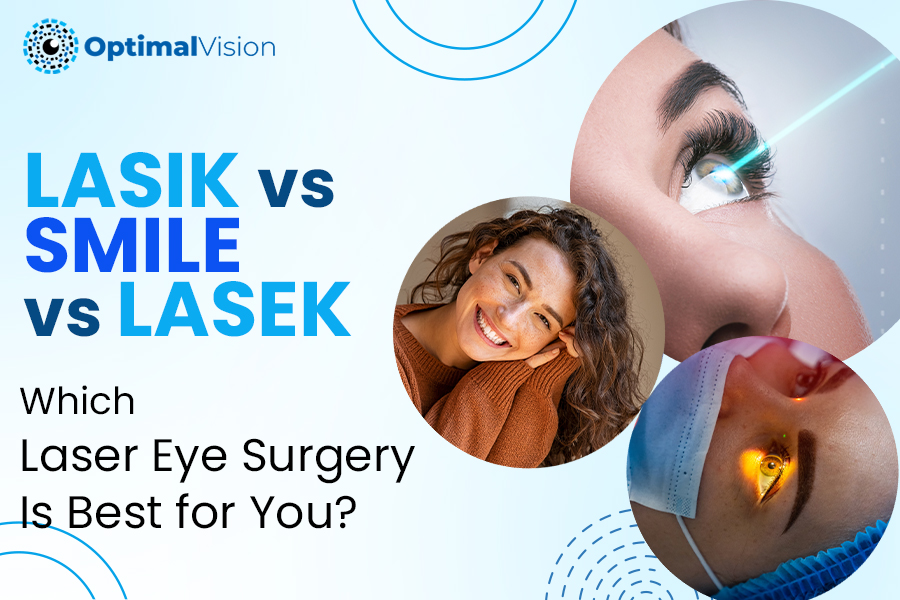
Thinking about life without glasses or contact lenses? You’ve likely come across different types of laser eye surgery — the most common being LASIK,...
02 Oct 2025
A Comprehensive Guide LASIK surgery is a life-changing procedure that can free you from the constraints of glasses and contact lenses. At Optimal Vision, we...
13 May 2025
If you wear glasses or contact lenses, you’re all too familiar with the morning struggle. Your alarm rings, and before you can even begin your day, you&rs...
19 Mar 2025
Laser eye surgery has become a popular and effective solution for vision correction, helping millions of people worldwide to reduce or eliminate their dependenc...
25 Aug 2024
Laser eye surgery treatment will change the curvature of front part of the eye called cornea which help the vision to improve similar to contact lens correction...
27 Apr 2021
Everybody likes a bargain, whether that is in the January sales or a getaway at half the price. Saving money is a good feeling. Over the past few years there ha...
16 Mar 2021
Dealing with glasses or contact lenses have daily challenges with its inconvenience, like losing your glasses , heavy feeling over your nose missing them or eve...
17 Jan 2021
Laser eye surgery is a common vision correction, and although many people have undergone this surgery, there are several misconceptions and myths about this pro...
15 Jan 2021
The natural ageing process affects several areas of our lives. It may affect your near vision, making it difficult for you to focus on words while reading. It c...
06 Dec 2020
There are more options than you can count for your laser surgery in London. But when laser eye surgery is concerned it is important to think carefully about you...
19 Mar 2020
A recent study reveals that more than one billion people worldwide need eyeglasses, many of whom do not have access to vision correction. Furthermore, three out...
19 Feb 2020
Lens replacement surgery is a ground-breaking technology. The treatment not only corrects a large range of visual errors but also corrects the problem of catara...
05 Feb 2020
How safe is laser eye surgery? This is one of the most commonly asked questions that come from patients who are about to undergo the surgery. Laser eye surge...
29 Jan 2020
Laser eye surgery proves effective in fixing your vision problems among millions of people around the globe. A large number of these patients have achieved 20/2...
29 Dec 2019
Dr Mani has performed more than 35,000 ophthalmic procedures, including LASIK, LASEK, PRK, Femto Cataract, RLE, Lens ICL and Phakic IOL Surgery

We are recognised by most UK and international medical insurance providers.
Please call us to ask about private healthcare insurance.







